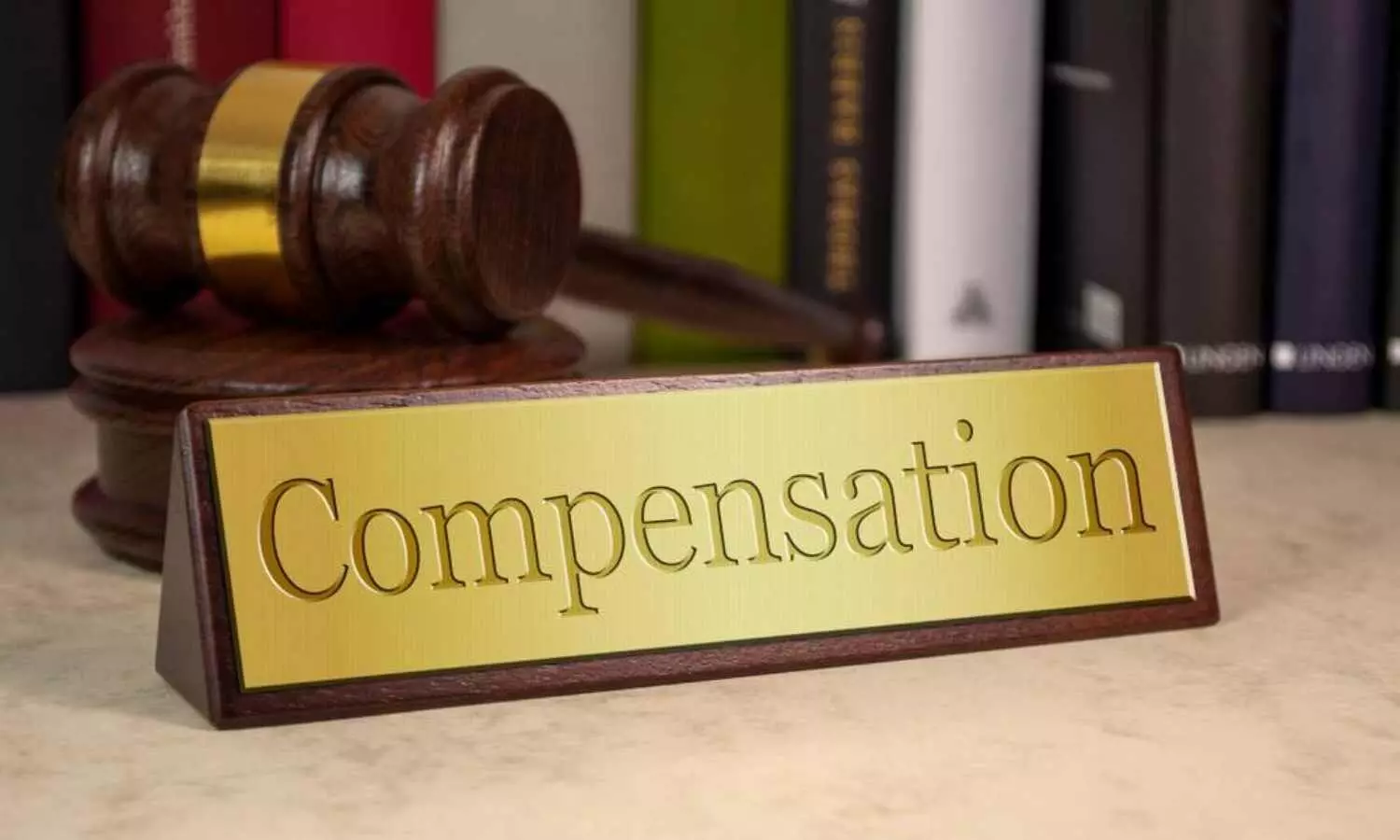A doctor and his wife filed a complaint against a private hospital, and the District Consumer Disputes Redressal Commission-I in Hyderabad upheld their decision in this case. It was mandated that the hospital reimburse patients for overspending on suspected COVID-19 pneumonia. The important part of the story is that the hospital treated the patient with COVID-19 even though the doctor’s COVID-19 test results were negative.
The Consumer Court probably took into account the hospital’s decision to continue treating COVID-19 patients even if the doctor’s COVID-19 test results were negative. This decision may have been made on the grounds that the patient’s real COVID-19 status, as established by the test findings, was not being met by the medication that was given.
The court may have also taken into account the guidelines specified in G.O. No 248 by the Telangana Health Department, which sets a ceiling rate for COVID-19 treatment. If the hospital failed to adhere to these guidelines, it could be considered a violation, possibly leading to the ruling in favor of the complainants.
As a result, the court directed the hospital to compensate the doctor and his wife, highlighting the discrepancy in treatment and potential overcharging. This case underscores the importance of hospitals adhering to established guidelines and providing appropriate treatment based on accurate diagnostic information.
In the case you’ve described, the District Consumer Court found that the hospital did not comply with G.O. No 248, a government order issued by the Telangana Health Department. This government order likely outlined regulations, including a specified ceiling rate for COVID-19 treatment, to prevent overcharging and ensure fair and standardized pricing during the pandemic. The court, in its ruling, directed the hospital to pay compensation to the affected parties. In this instance, the doctor was awarded Rs 1 lakh, and his wife was awarded Rs 50,000. This compensation is likely intended to redress the financial burden imposed on the complainants due to overcharging by the hospital.
The hospital was also directed by the court to reimburse the two complainants for their legal fees in the amount of Rs 15,,000. The costs incurred by the complainants in taking the hospital to court are covered by the litigation costs. This could cover court filing fees, legal fees, and other associated expenses. In court cases, it is customary to award litigation costs in order to partially compensate the expenditures incurred by the parties seeking justice.
To put it briefly, the court’s ruling indicates that the hospital was found to have broken government rules about how much COVID-19 treatment should cost. The remedies granted to the complainants as a result of the hospital’s noncompliance with the relevant regulations are the compensation and litigation expenses.
A doctor and his spouse went to a hospital in Hyderabad in 2020 for advice when the doctor started exhibiting fever and headache symptoms. The couple claimed that the hospital gave COVID-19 treatment as a precaution even though the doctor’s COVID-19 test result was negative. This was against government rules for unneeded treatment.
For the therapy, the hospital charged the doctor Rs 4,76,000 and his wife Rs 2,67,514 The complainants claimed that these charges were unjustified and went against official directives that suggested home isolation rather than hospitalization for moderate and asymptomatic cases.
The hospital defended its course of action by stating that the doctor’s comorbid diseases raised a strong suspicion of viral pneumonia. The hospital maintained that its own tariff applied and that the patient had the right to refuse treatment if they were unhappy. After examining discharge summaries, the consumer court discovered evidence in support of the complainants’ allegations and ruled in their favor because the hospital had overcharged for treatment and had disregarded government regulations.








